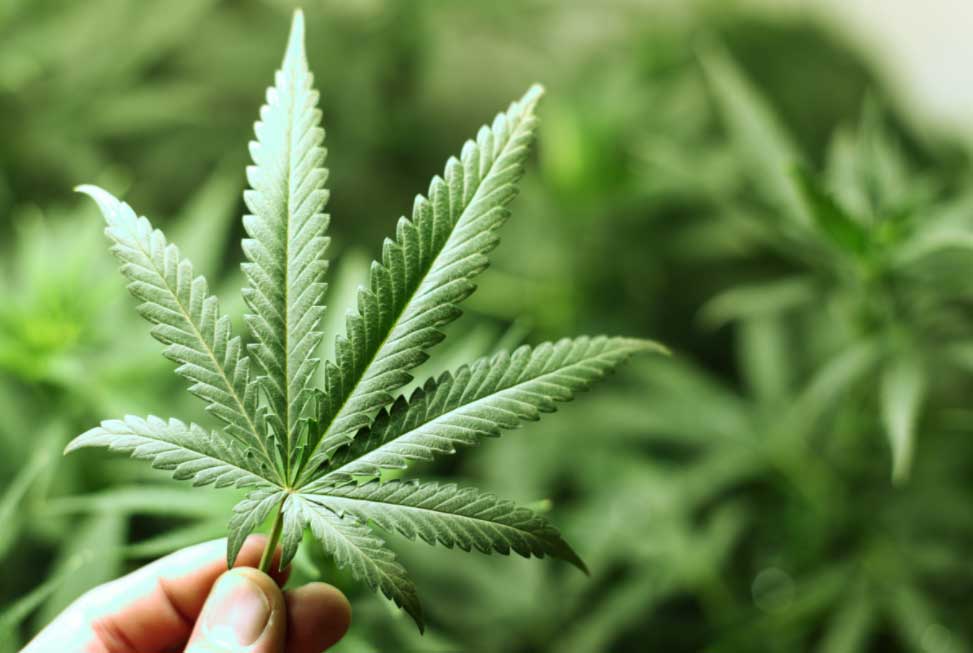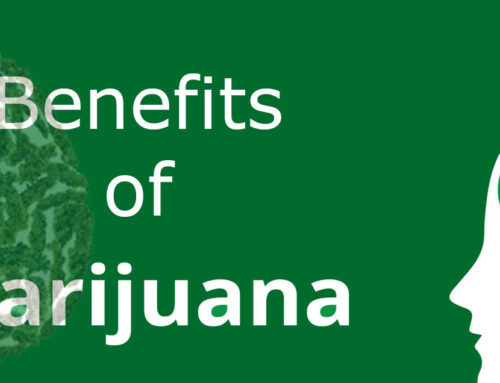It would be wrong to have a site dedicated to marijuana use without giving some idea of the possible side effects.
Most marijuana users enjoy the drug’s ability to induce a sense of euphoria, but that doesn’t come without side effects.
Indeed, research shows that using marijuana can cause a variety of short and long-term effects.
While almost everyone is familiar with the sudden desire for junk food caused by smoking weed — commonly referred to as the ‘munchies’ — many of the drug’s other effects are lesser known.
Here are some of the most common side effects of using cannabis:
Dry Mouth
Most people who use marijuana are familiar with the side effect referred to as ‘cottonmouth’, meaning that users experience an uncomfortable feeling from lack of saliva production. However, this is not with all strain some produce a very dry mouth, with others it is hardly noticeable, so even though this is a side effect it is not general to all strains.
A survey published in the journal of Addiction Research & Theory in 2003 found that 79% of marijuana users experience dry mouth.
“In a lot of cases, you would expect to see more of the dry mouth in a recreational user because they’re consuming, generally speaking, a lot more cannabis than the average medical user,” says Johnathan Werynski, Senior Cannabis Counselor at CanvasRX, a company that provides assistance to Canadians who have been prescribed cannabis by their doctors.
Users can help minimize the effect by chewing on gum or food, which can stimulate the salivary glands to produce saliva.
Dizziness/balance instability.
Many users report feeling dizzy after smoking cannabis, particularly when they stand up. Many also report effects similar to alcohol (although not as extreme), in that they lose a bit of control over their balance.
In a 1992 study, 60% of participants reported moderate to severe dizziness while standing after smoking a high-potency marijuana joint.
The individuals in the study who experienced severe dizziness also showed decreases in blood pressure, which provides a plausible explanation for this effect.
However, studies also show that frequent users can develop a tolerance to many of marijuana’s short-term effects, including feelings of dizziness.
Munchies
One of the most known side effects of marijuana is the ‘munchies’. Shortly after smoking, many users will experience a sudden increase in appetite, often leading them to raid their fridge.
Though scientists are still unsure of the exact mechanism behind this effect, a 2015 study suggested that marijuana might activate certain pathways in the brain related to hunger.
While some view this side effect as negative, it’s a benefit to people who use marijuana to treat appetite loss during chemotherapy.
In fact, a pill containing THC (Marinol) is available in a number of countries for patients with cancer.
Short term memory loss
Many studies have found that cannabis users experience short-term memory problems; other studies suggest that cannabinoids impair all stages of memory. Personal experience certainly confirms this effect, not just for myself but also people I smoke with, however, I don’t see long term loss, really boils down to ‘what were we talking about?’
Young people who use the drug may be most at risk. A 2011 study suggested that memory impairment is more severe in adolescent cannabis users, and might even have a lasting impact.
However, frequent users often become tolerant to the memory problems cannabis can cause.
Lack of Motivation
Some people who are against the use of recreational marijuana point to the stereotype that users become unmotivated at work and in school. While this cliché is exaggerated, there is some merit to the belief.
In a 2003 survey, 53% of marijuana users reported experiencing a loss of motivation.
The loss of motivation might be explained by how cannabis affects the brain. Some studies suggest that long-term cannabis users have lower levels of dopamine — a chemical in the brain that is directly responsible for motivation.
Obviously this is discussed a lot. The consensus amongst most smokers is that this is simply not true,. As many smokers get stoned as a recreational activity (ie not at work) very little motivation is required to partake in recreational activity. I have known many manual workers who work better and are more concentrated and artistic if they smoke.
Depression
Although it has been proven that cannabis can act as a medicine to help people combat depression, in some cases it might work the opposite way.
According to Werynski, research suggests that marijuana can cause depression mostly in young people. Likewise, a study published in 2002 in the British Medical Journal concluded that frequent cannabis use in teenage girls predicts depression in later years.
Still, it’s important to note that there are different types of depression and that marijuana may affect each type differently.
Paranoia/Anxiety
Another mental side effect of marijuana is the paranoia users often experience after smoking.
“There absolutely is documented evidence in medical literature that THC can affect people by bringing on anxiety or elevating anxiety,” says Werynski.
A 2015 study found that THC increased paranoia in individuals who had previously experienced the symptom. But the study also revealed that paranoia wasn’t a direct result of THC. Instead, paranoia seemed to be a byproduct of other effects of cannabis (such as depression) and the feeling of having an unusual experience.
A study published in the late 80s found that patients with panic anxiety were likely to experience increased anxiety from marijuana. However, Werynski notes that CBD can actually act to reduce anxiety.
Addiction
Like most drugs, there’s a risk of addiction associated with cannabis use.
When an individual stops using cannabis, cannabinoid receptors must adjust back to normal levels, which leads to psychological and physical withdrawal symptoms.
A 2010 study found that 42% of users who tried to quit experienced withdrawal symptoms, such as irritability, sleep difficulty, and decreased appetite.
Although some people do not believe cannabis to be addictive, researchers stand firm on their findings.
“Cannabis is a psychoactive drug which activates the same brain reward regions as do other abused drugs, such as alcohol, tobacco, cocaine, etc.,” explains Dr. David Gorelick, a professor of psychiatry at the University of Maryland School of Medicine.
Experience has shown beyond any doubt that tobacco is far far more addictive than marijuana.
Lung Problems
Like cigarettes, smoking marijuana can have detrimental effects on a user’s respiratory system.
“Anything that lights the plant on fire creates respiratory irritants,” says Dr. Mitch Earleywine, a professor and researcher at the State University of New York at Albany.
Studies show that people who smoke marijuana can suffer from respiratory problems, such as bronchitis, coughing and wheezing.
“We don’t advise people to smoke cannabis at all anymore,” says Werynski, who instead recommends using a vaporizer.
Legal problems
This is the worst side effect of marijuana, I would imagine that we all know someone who has been prosecuted and even imprisoned for marijuana offences. This is the one side effect that we can stop, its is up to us to change the laws,please become active, write to your government representative (MP, senator congressman whatever). Once they understand that without your vote they could lose their job things could change.








Leave A Comment
You must be logged in to post a comment.